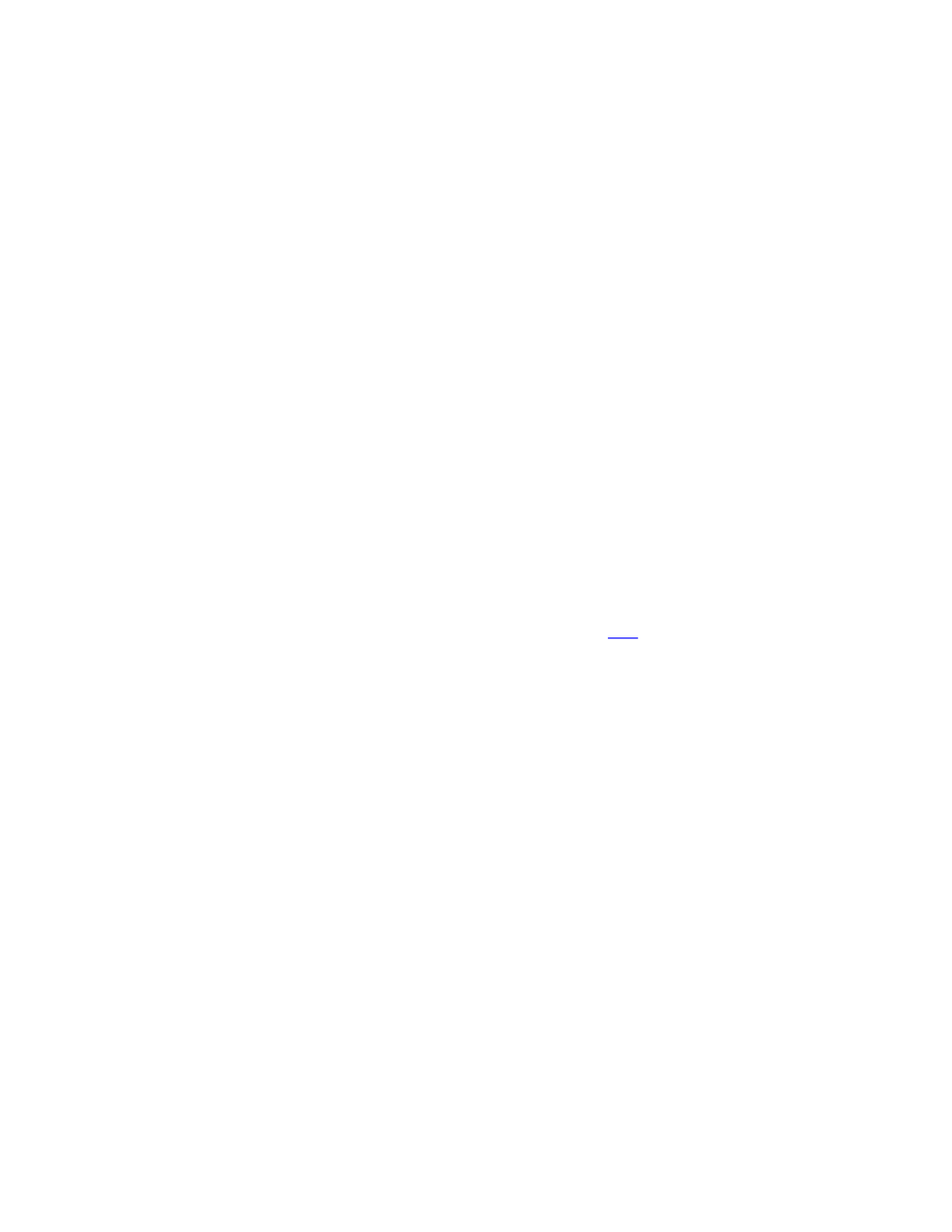

Plagiarism
CIU expects students to be honorable in all their academic work. Students are to create and be responsible for their own work.
Dishonesty in assignments, examinations, written papers, or other academic work is contrary to scriptural principles of
Christian living and is an affront to fellow students and the faculty. Plagiarism occurs when students present another person’s
ideas or words as their own or when students intentionally or unintentionally fail to cite the source of their ideas.
The following are specific examples of plagiarism:
1.
The words, sentences, ideas, conclusions, examples, and/or organization of an assignment are borrowed
from a source (e.g. a book, an article, another student’s paper) without acknowledging the source.
2.
A student submits work done by another student, in part or in whole, in place of original work.
3.
A student submits assignments received from the internet, from commercial firms, or from any other person
or group.
4.
A student knowingly aids another student in plagiarizing an assignment as defined above.
Plagiarism will result in academic penalty and may result in failure of the assignment, failure in the course, and further
disciplinary action. When appropriate, the student’s chaplain will be informed. (
Adapted with permission from the
Crown
College Handbook and the Stu nt’s Guide to Public Communication for the University of South Carolina by William M. Strickland
)
Privacy Rights and Records
The Family Educational Rights and Privacy Act of 1974 (FERPA), as amended, with which CIU fully complies, protects the
privacy of educational records, establishes the rights of students to inspect these records, and provides guidelines for the
correction of inaccurate or misleading data through informal hearings. Student records include financial accounts and
financial aid records, practicum and internship assignments and evaluations, grades, Veteran Affairs, and Student Life files.
Students have the right to file complaints concerning alleged institutional failure to comply with this Act. Copies of the
institutional compliance policy are available in the Office of the University Registrar. CIU designates the following categories of
student records as public “Directory Information” and may use its discretion in disclosing these data:
•
Name, address, e-mail address, telephone number, dates of attendance, classification, photographs
•
Previous institution(s) attended, major field(s) of study, awards, honors, degree(s) conferred (including dates)
•
Past and present participation in officially recognized sports and activities, physical factors (height and weight of
athletes), date and place of birth
Forms requesting the withholding of directory information may be obtained from the Office of the University Registrar. Unless
this form is filed, approval for disclosure of directory information is assumed. Click
here
for more information.
Probation (Academic)
Undergraduate-level:
Students are placed on academic probation at the end of any semester in which they earn a GPA below
2.0 during that semester. A student on academic probation may be required to 1) carry a reduced course load, 2) reduce or
eliminate employment, 3) reduce extracurricular activities, and/or 4) carry out other measures recommended by the student’s
academic advisor or administration to help the student improve scholastic standing, which may include referral to the
Academic Success Center for tutoring and/or testing. In many instances, students on academic probation will require
additional semesters to complete their studies. Academic probation is removed when a student accumulates a cumulative GPA
of 2.0 or above.
Students on academic probation will be notified and placed on watch immediately after the semester in which the GPA fails to
meet the institutional standard. After two consecutive semesters on probation the student will receive a written warning from
the academic dean indicating that failure to demonstrate substantive change in status will result in academic dismissal.
Substantive change means immediate improvement above a 2.0 GPA for the next semester and continued efforts to retake
failed courses in order to remove probation status. At the end of any three consecutive semesters, students who have not
removed themselves from academic probation and/or demonstrated substantive change in their current semester will be
dismissed from the college.
Graduate-level:
Students on academic probation may be required to carry a reduced course load, to reduce or eliminate
employment, to reduce extracurricular activities, or to carry out other measures recommended by the academic advisor or
administration to help them improve their scholastic standing. In many instances, students on academic probation will require
additional semesters to complete their studies. Academic probation is removed when students accumulate a satisfactory GPA.
COC
: Students are placed on academic probation at the end of any semester in which they earn a GPA below 3.0 in the M.A.
in Counseling.
COE
: Students are placed on academic probation at the end of any semester in which they earn a GPA below a 3.2 in the
Education Specialist and Doctor of Education program, below 3.0 in the M.A. in Teaching, and below 2.7 for all other
College of Education programs.
195 │Columbia International University
Academic Policy



















